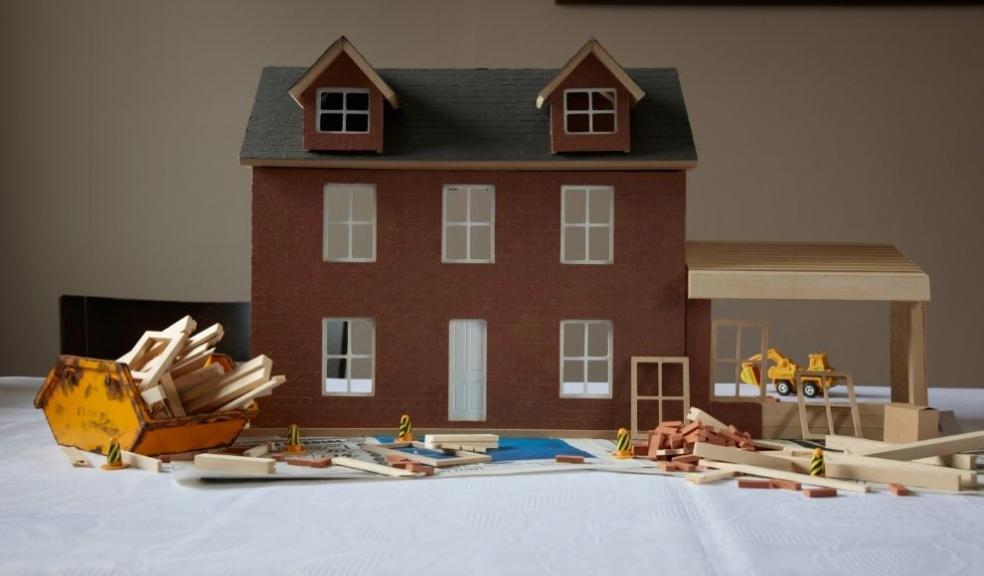
House extensions: Should you extend or move?
Experts at GoodMove offer helpful tips on the things to consider if you’re deciding whether you should extend or move
Despite the pandemic, the housing market boomed during 2020, and with the extension of the stamp duty holiday until June 30, it is expected that house prices will continue to rise this year.
Unsurprisingly, many people have found themselves feeling as though they have outgrown their home during the lockdown, so what are your options?
Below, experts at regulated property buyers, GoodMove offer helpful tips on the things to consider if you’re struggling to decide whether to extend or move.
Should I extend?
Sticking with your current home and simply extending can seem like the easy option of the two; however, you must be wary of not negatively impacting the value of your home thus making it harder to sell in the future.
It’s important to remember that exterior work is going to impact the land you already own so you need to take note of what you’re gaining as well as what you’re losing.
Luckily, there are ways you can use this to your advantage. For instance, an extra bedroom can increase your home’s value by 15%, an interior loft conversion may add up to 21%. If you don’t necessarily have the exterior space, building a basement can add an extra 15%.
Will I benefit from an extension?
If you don’t see yourself living in your current home long-term then it might be worth second-guessing whether an extension is even worthwhile.
The average cost to build at the lower layer of your home can be anywhere between £1200-2000+ per square metre, depending on your location. Not only that, but add in the cost of planning permission, which can be over £200, as well as any unforeseen circumstances, and you could be looking at a pricey project.
Will an extension make a future sale more difficult?
Possibly the most important factor in deciding whether to extend or not is if this will impact the future sale of your home. Even if you’re not thinking about moving, it’s always worth considering it. Extending your home might allow you to demand a greater asking price, but ultimately limit your buyers.
Should I move?
Outgrown your current home but don’t want to go through the building or extending process? It might be the right time for you to move.
Moving tends to be an expensive process, so it's important to establish your budget based on the equivalent value of your current property plus the proposed hypothetical cost of an equivalent extension.
This allows you to enter the market with a clear idea of what you can actually afford, and you may even realise that it might be worth investing in an extension, instead.
Moreover, if you’re planning on taking on an extension project with a new property, it might be worth checking whether your plans will be permissible according to planning laws.
Commenting, Ross Counsell, Director at GoodMove, says: “Deciding whether to extend or move once you feel you’ve outgrown your home can be a tricky decision. Neither is necessarily better than the other and it’s a matter of personal preference as well as your financial situation.
“Both are big decisions, so if you’re stuck and unsure which is the better option for you then it is worth taking the time to weigh up the pros and cons of what you would be losing and gaining during either process.”
For more information to help you decide whether to extend or move, please visit: https://goodmove.co.uk/blog/selling-advice/house-extensions-should-you-extend-or-move/









